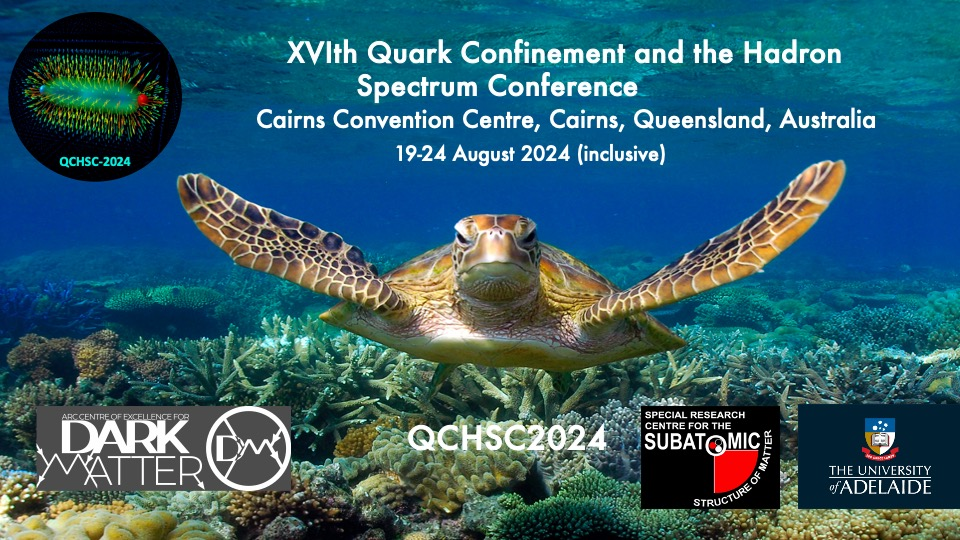Speaker
Description
We present a novel resonant spectroscopy technique devoted to the study of gravitation and the related cosmological problems of Dark Matter and Dark Energy. The object is a quantum mechanical wavepacket of an ultra-cold neutron, and the new method extends the techniques of Purcel, Rabi and Ramsey to neutron quantum states in the gravity potential of the Earth. The new technique is named Gravity Resonance Spectroscopy (GRS) in close analogy to Magnetic Resonance Spectroscopy (MRS). Here a neutron in the gravity potential of the Earth is placed on a reflecting mirror, and transitions between the gravitational quantum states are performed by applying mechanical oscillations of the mirror with the proper transition frequency, whereas in MRS technique, an atom, a molecule or a nucleus with a magnetic moment is placed in an outer magnetic field and transitions between the magnetic Zeeman splitting are performed by applying proper oscillations of radiofrequency fields.
We present recent results on the following topics:
First, we analyze the dynamics of ultracold neutrons caused by interactions violating Lorentz invariance within the Standard Model Extension (SME). We use the effective non–relativistic potential for interactions violating Lorentz invariance derived by Kostelecký and Lane (1999) and probe contributions of these interactions to the transition frequencies of transitions between quantum gravitational states of UCNs bouncing in the gravitational field of the Earth.
Second, we analyze a possibility to probe beyond-Riemann gravity by GRS. We improve by order of magnitude some constraints obtained by Kostelecký and Li (2021).
Third Erik Verlinde’s theory of entropic gravity, postulating that gravity is not a fundamental force but rather emerges thermodynamically, has gathered much attention as a possible resolution to the quantum gravity problem. We address some criticism by modelling linear gravity acting on small objects as an open quantum system and show full compatibility with the qBOUNCE experiment.
